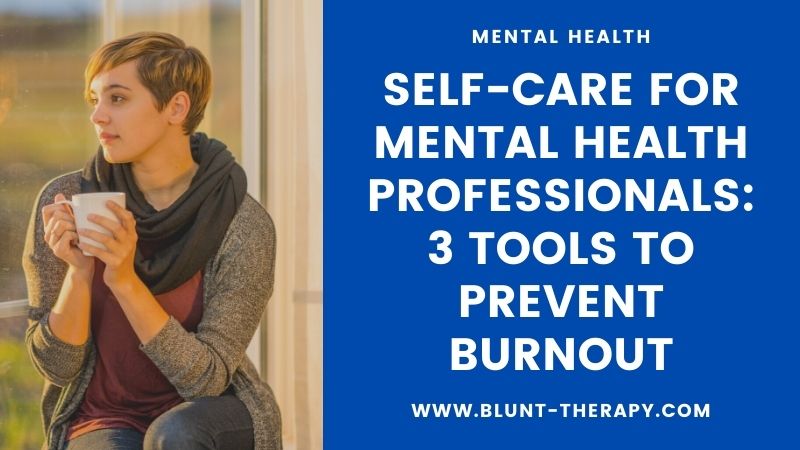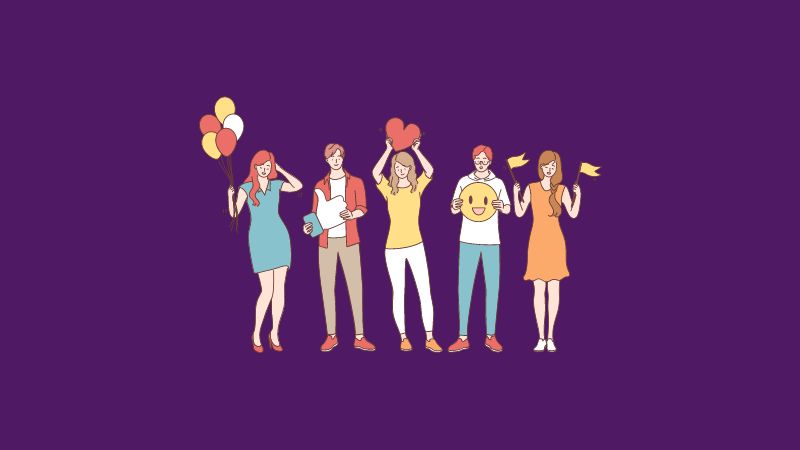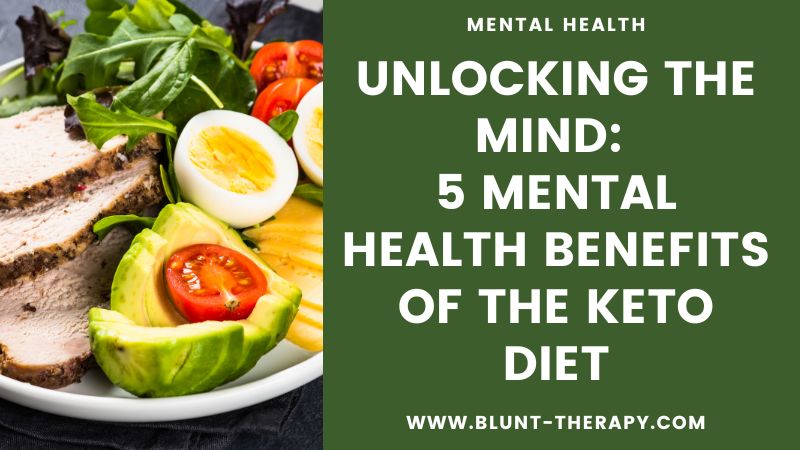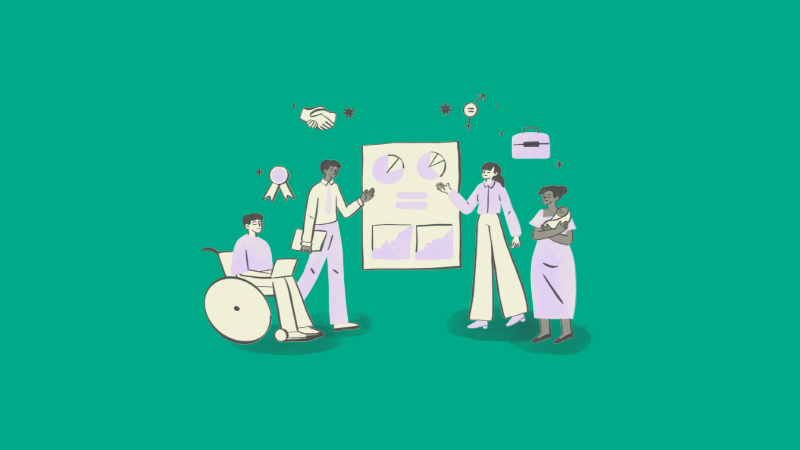Table of Contents
Affiliate link notice: As an affiliate of BetterHelp and other third-party vendors, We will receive compensation if you make a purchase using the links provided on this page. For more information, visit our disclosure page.
Last Updated on May 16, 2022 by Randy Withers, LCMHC
Everyone has a unique relationship with food, but sometimes those relationships are complicated and result in self-destructive habits. According to recent research, 28.8 million people struggle with disordered eating in America. If you deal with binge eating, restrictions, or other weight-related behaviors, you’re not alone.
Insurance rarely covers sessions with psychologists, but that doesn’t mean you have to handle this daily experience by yourself. Read this guide to discover online eating disorder support groups that will help you ease into recovery and heal from your condition.
If you need mental health assistance right away due to an emergency, you can always contact the National Eating Disorders Association’s (NEDA) helpline by:
- Calling (800) 931-2237
- Texting (800) 931-2237
- Use the link above to reach their online chatbox
Anyone experiencing a medical emergency should call 911 for immediate assistance.

Do Online Eating Disorder Support Groups Help?
Disordered eating retains its power over people by isolating them. It can feel uncomfortable to talk about the thoughts and feelings that lead to related behaviors. People rarely react well if they see anything happening at all.
Virtual support groups are a great tool to take your first step toward recovery. They’re safe spaces full of people who can relate to your experience. Trained moderators or clinicians also facilitate conversations to filter out misinformation and unproductive discussions.
Talking with someone via chat boxes or video calls is a much more effective solution than hoping to break out of an eating disorder cycle by yourself. You could even schedule private conversations with an expert if you don’t feel comfortable participating in a group discussion.
“Any given moment gives you two options: to embrace growth by taking one step forward or to step back into what isn’t serving you.” – Abraham Maslow
Best Online Support Groups for Eating Disorders
Start with these sites when you’re ready to look for online eating disorder support groups. They’re the top-rated websites for people seeking the same type of support. You’ll also find that they protect your privacy while remaining easy to use.
1. Center for Discovery
People have relied on the experts at the Center for Discovery for over 20 years. They have offices in 13 states, but they also provide excellent online resources and support services for disordered eating. You can choose from bi-weekly or weekly meetings to chat with other people, regardless of how your disorder presents.
You’ll find people who also over-exercise, restrict their diet, or count micronutrients on their phones. Attendees don’t have to RSVP or provide payment to get the help they need, like learning to control the thoughts that lead to spiraling disordered eating habits.
2. Eating Recovery Center
There’s also free help at the website for the Eating Recovery Center. The expert staff specializes in helping young people over 18 and older adults from numerous communities, including BIPOC and those who identify as LGBTQ+. The factors that led to your disordered eating won’t single you out in any of the small support groups because other attendees have walked in your shoes.
The Eating Recovery Center’s website staff members also know how to help individuals struggling with co-occurring disorders. These are also known as co-existing mental illnesses and substance use disorders.
For example, someone living with an eating disorder may have turned to opioid use to reduce their physical symptoms and ease their battling thoughts. Researchers have found that people with bulimia and binge/purge anorexia are more likely to have co-occurring disorders – specifically opioid use. The drug mimics the endorphin rush of purging, creating the dopamine-like feeling that comes with that type of disordered eating.
You don’t need expensive hospital treatment or painful at-home efforts to heal from a co-occurring opioid disorder. Psychological counseling is one of the three treatment methods prescribed by doctors. Alongside advice from your primary care physician, meeting with an online eating disorder support group can help you stay in recovery long-term.
3. 18percent
Sometimes people don’t get help with their disordered eating because they don’t want to give their real names or identifying information. If that’s how you feel, you can safely get support at 18percent’s numerous forums.
People can chat through the Slack channel without showing their faces or using their names as a username. It’s a great tool to conquer an eating disorder if the idea of talking with a professional seems intimidating. You’ll only ever interact with other anonymous users who are there to listen and provide other virtual resources that have helped them through their journey.
4. Alliance for Eating Disorders
Clinicians are waiting to help you through the Alliance for Eating Disorders website. The organization began with in-person care at its Florida headquarters but now provides virtual support services. Anyone with disordered eating habits can talk with professionals every week for free.
There are also weekly meetings for caregivers of people with eating disorders. You may find yourself trying to help a family member or child get into or stay in recovery. That’s much easier to do without hurting your mental health by getting support via Zoom sessions with the Alliance for Eating Disorders staff.
5. National Association for Anorexia Nervosa and Associated Disorders
Teenagers often find it challenging to get help with disordered eating because so many virtual services only help adults. If you’re a minor seeking support, the National Association for Anorexia Nervosa and Associated Disorders has weekly online groups you can join.
Given that every session lasts for 75 minutes, there will be plenty of time to speak up along with everyone else. The organization also provides helpful materials that show parents and guardians how to best help their teens during recovery.
The only thing to consider is your schedule. Some of the meetings happen early in the day and may conflict with your school schedule.
When to Seek Other Forms of Help
If you try one or more of these groups and still struggle with disordered eating, it could be time to talk with your primary care provider and find a therapist.
You should also reach out to the National Eating Disorders Association’s (NEDA) helpline if you need to talk to someone right away, like if you’re about to engage in a harmful habit. NEDA’s help is available for anyone who:
- Calls (800) 931-2237
- Texts (800) 931-2237
- Uses the link above to reach their online chatbox
Dial 911 if you’re experiencing a medical emergency and need immediate assistance.
Discover Eating Disorder Support Groups
There are many online eating disorder support groups to try when you’re ready to get help. Try reaching out to the experts within the organizations to find a group that meets your needs and schedule. You’ll start feeling better when you’re no longer alone and gain tools to overcome disordered habits.










This will be quite beneficial. Thank you for sharing this thought-provoking and educational post. I appreciate your thoughtfulness.
Glad you found it helpful!